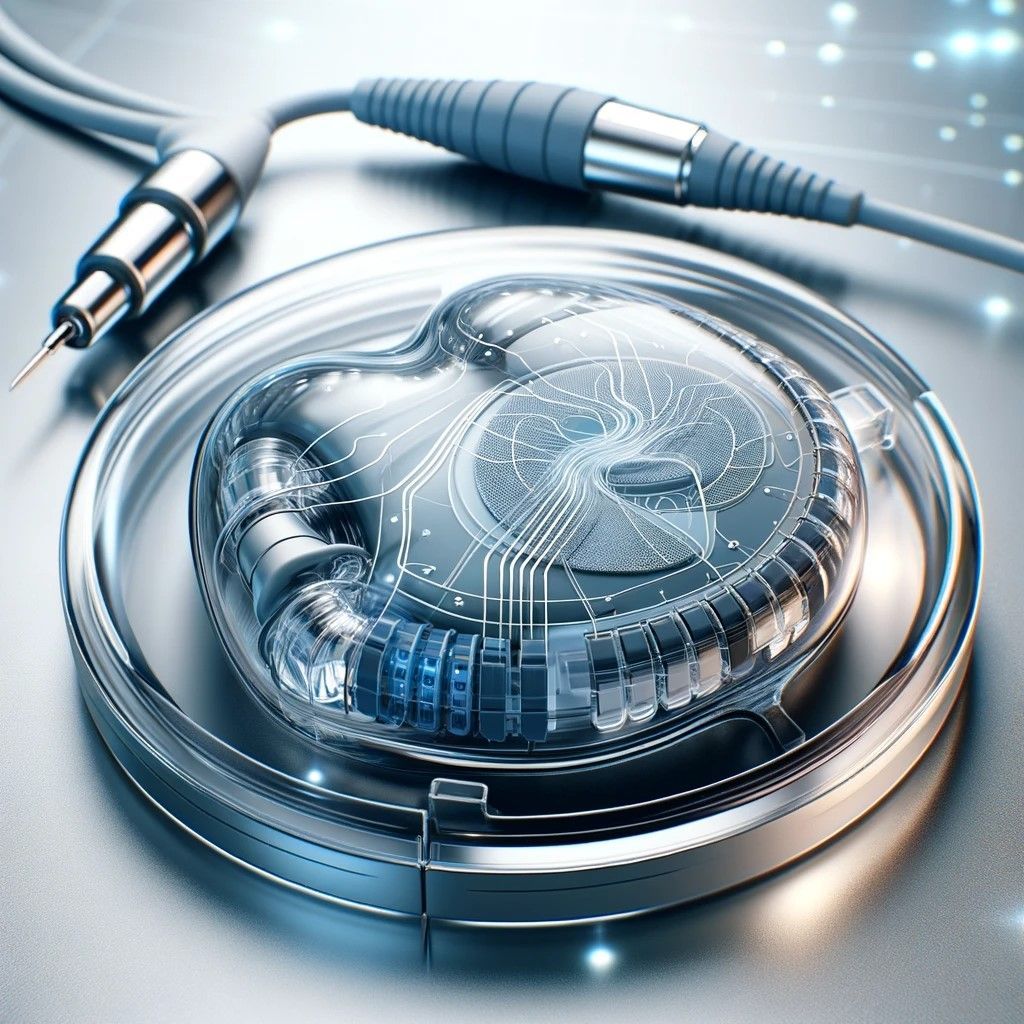
CMS and Third-Party Payer Clinical Trial Reimbursement: Part 1 -Why
Consider seeking reimbursement for your medical technology’s clinical trial to help long-term commercialization efforts.

This article is the first in a planned multi-part series on clinical trial reimbursement for medical devices. We first wrote about this topic in an article entitled “Seeking Reimbursement During IDE Clinical Trials” published on MedTech Intelligence in 2015.
Clinical trial reimbursement policy is a layered maze that changes depending upon the direction you look. Despite the confusing landscape, obtaining payer reimbursement during an Investigational Device Exemption (IDE) clinical trial can be advantageous for the long-term commercialization strategy of a medical technology. When done correctly, it can be the first step onto what eventually becomes a technology’s successful reimbursement pathway. While the reimbursement pathway for every medical device is different, here are the top eight reasons you should consider investing effort into seeking payer reimbursement for patients enrolled in your clinical trial:
- Enhanced Patient Access/Accrual:
While patients will likely benefit from the innovative technology being tested, some might be deterred from participating in a trial due to potential out-of-pocket costs. Reimbursement ensures that costs aren't a barrier, allowing broader patient access to potentially beneficial treatments.
- Financial Offset:
Clinical trials are notoriously expensive, often involving significant costs associated with patient care, recruitment, monitoring, data collection, and more. Reimbursement during the IDE phase can help defray some of these expenses, which is particularly beneficial for startups or smaller companies with constrained budgets.
- Payer Engagement: Interacting with payers during the IDE trial phase can provide manufacturers valuable insights regarding evidence requirements and potential barriers to future widespread reimbursement. Early engagement can pave the way for smoother discussions and negotiations post-approval. Additionally clinical trial reimbursement can be a valued entry point for obtaining an approved continued access program.
- Real-World Economic Data: Reimbursement during the trial creates an opportunity for savvy manufacturers to gather real-world data on health economics outcomes for the device. Health economic data, when tied to efficacious clinical outcomes, can be invaluable when making a case for the device's cost-effectiveness in later medical policy coverage discussions with payers.
- Market Preparedness:
Establishing reimbursement pathways during the trial phase can facilitate quicker market adoption post-approval. Healthcare providers are more likely to integrate a device into their practice if they're familiar with it and if reimbursement structures are already in place. Complex medical technologies often require training and may require a physician mentor under a preceptor to become qualified to use a technology. Today’s investigators are a reserve pool of qualified users to help your technology spread and a jumping-off point of early adopters/champions for its utilization with payers.
- Stakeholder Relationships: Securing reimbursement during clinical trials can enhance the relationship between manufacturers, healthcare providers, and payers. These early relationships can lead to better collaboration, education, and an understanding of the device's value proposition.
- Positive Indicator for Investors:
Reimbursement during the trial phase can serve as a positive signal to investors. It suggests that there's a potential revenue stream even before full commercialization has been achieved, and that funds raised can be put toward other key initiatives. It hints at the device's acceptance in the broader healthcare market.
- Feedback and Iteration: Engaging with payers and providers about providing reimbursement can also facilitate the provider’s education and allow feedback about the device’s value proposition itself, which can be used in decision-making prior to full market launch.
Not all medical devices or trials will be eligible for reimbursement during the IDE phase. The Centers for Medicare & Medicaid Services (CMS) and private payers have specific criteria that need to be met, and the device’s study protocol must be set up to demonstrate a direct clinical benefit to the patient. The strategy of seeking reimbursement during IDE clinical trials needs to be well thought out, balancing regulatory requirements, financial considerations, and the ultimate goal of bringing a beneficial device to market.
Argenta Advisors has experience navigating CMS and commercial payer requirements and supporting the process of securing reimbursement for Investigational Device Exemption clinical trials for medical technology. We are ready to help you plan and support your strategy.




